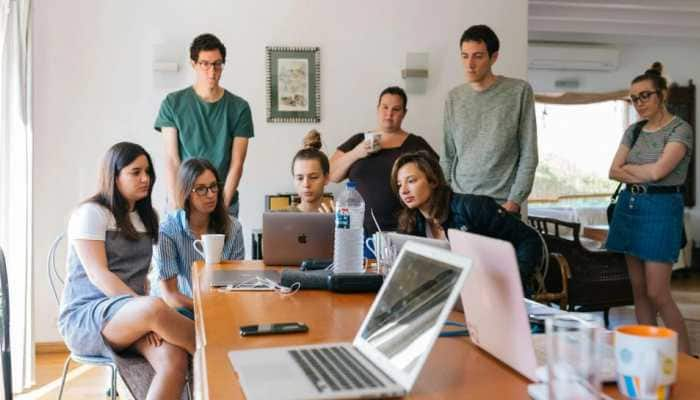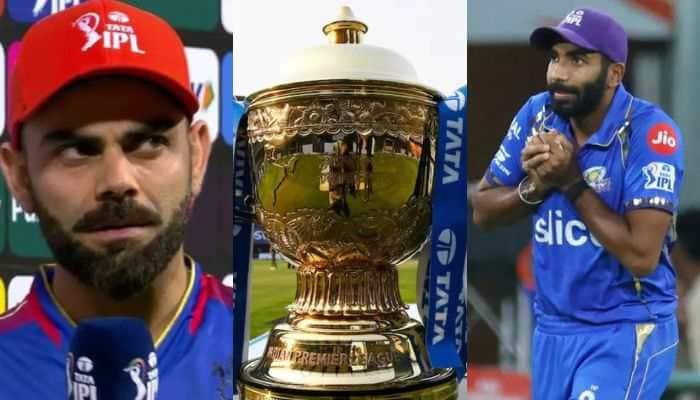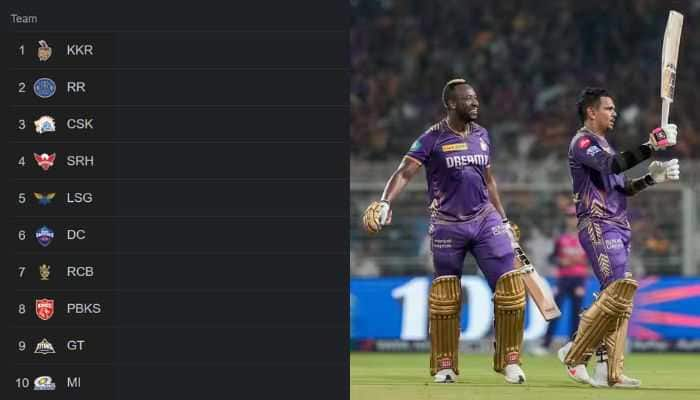Supreme Court Rejects 100% VVPAT Verification Pleas, Grants 7-Day Window For EVM Scrutiny
A bench of justice Sanjiv Khanna and Dipankar Dutta rejected all the petitions seeking 100 per cent verification of Electronic Voting Machines (EVMs) votes with their Voter Verifiable Paper Audit Trail (VVPAT) slips.
Trending Photos
)
The Supreme Court pn Friday rejected all petitions seeking 100% verification of Electronic Voting Machine (EVM) votes with Voter Verifiable Paper Audit Trail (VVPAT) slips. According to the Supreme Court, two directions have been issued. The first is that the Symbol Loading Unit (SLU) should be sealed and stored for at least 45 days after the symbol loading process is completed.
The second direction issued by the Supreme Court is that candidates will have the option of having the microcontroller programme of EVMs checked by a team of engineers after the results are declared; such a request must be made by the candidate within seven days of the declaration of results. A bench consisting of Justices Sanjiv Khanna and Dipankar Datta delivered the verdict.
The Supreme Court previously stated that it cannot "control the elections" or issue orders based solely on concerns raised about the efficacy of EVMs. The court had reserved judgement on the petitions, which also claimed that polling devices could be manipulated to influence results.
The court also clarified that it cannot change the minds of those who question the benefits of polling machines and advocate for a return to ballot papers. The bench also considered the responses to questions it posed to the Election Commission about the operation of EVMs, such as whether the microcontrollers in them are programmable.
Last week, the bench reserved its decision on a number of public interest litigations (PILs) in the case, noting that official acts are normally presumed to be valid under the Indian Evidence Act, and that nothing done by the Election Commission can be questioned.
One of the petitioners, the NGO 'Association for Democratic Reforms', has requested that the poll panel reverse its 2017 decision to replace the transparent glass on VVPAT machines with an opaque one. The petitioners have also asked the court to restore the old ballot paper system.
Solicitor General Tushar Mehta, the Centre's second highest law officer, criticised the petitioners for filing PILs on the eve of elections, claiming that a voter's democratic choice is being turned into a joke. He added that the Supreme Court had already resolved the issue by dismissing previous petitions seeking similar relief.
In April 2019, the Supreme Court ordered the Election Commission of India (ECI) to increase the number of VVPAT slips from one to five per Assembly constituency. It had issued guidelines for the mandatory verification of VVPAT slips from five randomly selected polling stations after the final round of counting votes recorded in EVMs.
A VVPAT is regarded as an independent verification system for voting machines, allowing voters to confirm that they have correctly cast their votes. The seven-phase Lok Sabha elections began on April 19 and will end with the announcement of results on June 4. This verdict could have far-reaching consequences for India's electoral process.







)
)
)
)
)
)
)
)
)
)
